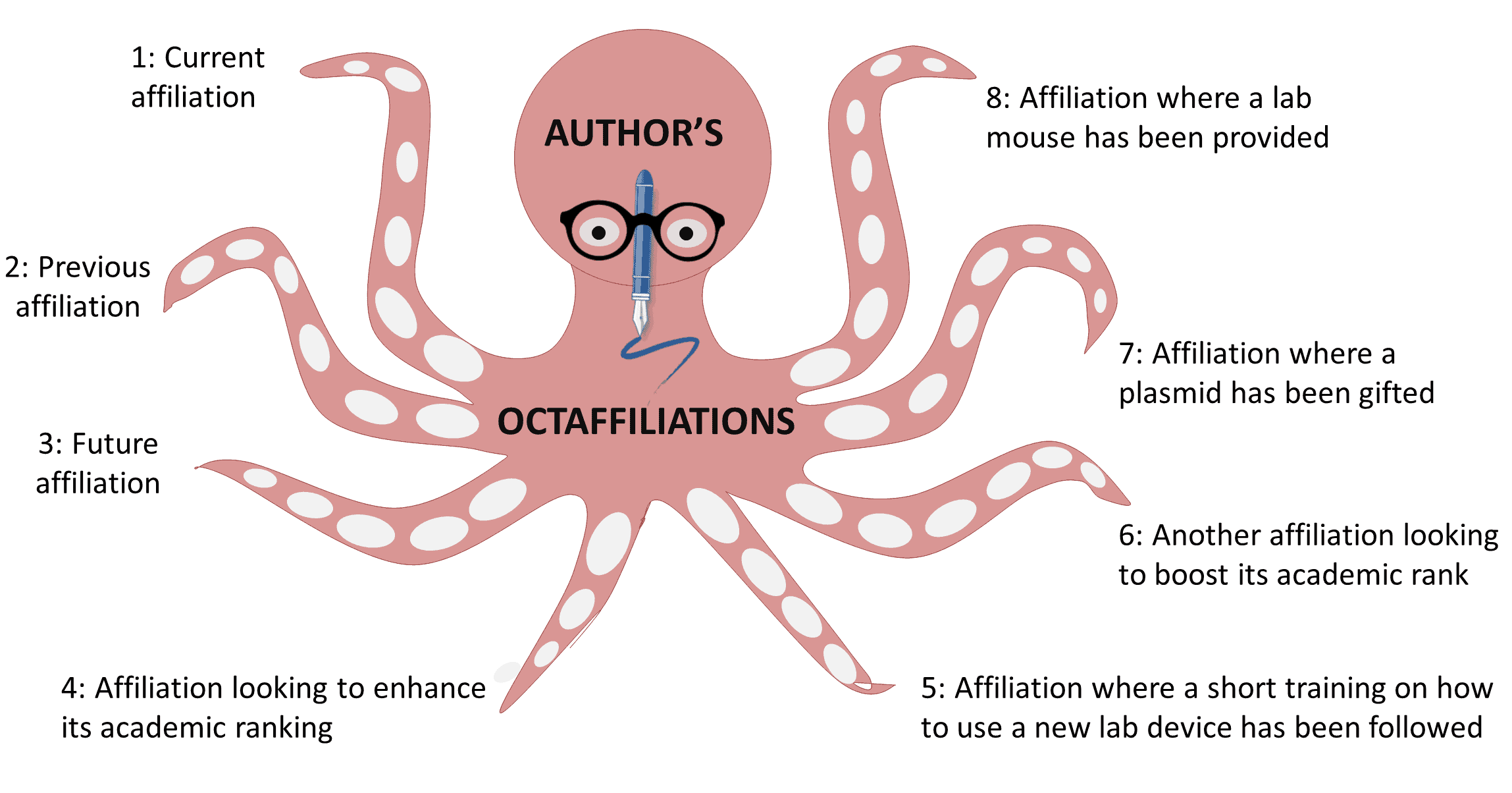Multiple relocations for fixed-term contracts are the norm in academia. This means that researchers often publish data collected from one institution while working at another. Some journal submission systems only permit one affiliation per author to be added, making authors unsure of which affiliation to use. This can become especially troublesome if equal contributions to the research were made (by the one author) at two different institutes. In this blog we discuss author affiliations, including the use of multiple affiliations and what to do when you have moved institute.
I have moved – which affiliation do I use?
According to the 7th edition of the publication manual of the American Psychological Association (APA), “the author affiliation identifies where the author worked or studied when the research was conducted … If an author’s affiliation has changed, give current affiliation in the author note.” Guidelines for the author note can be found Visit page.
Check your target journal for specific guidelines. Some journals request current affiliations be mentioned in the Acknowledgement section, with a brief description of your involvement with each institute, for example,
“YvK was affiliated with the Flinders Digital Health Research Centre at Flinders University at the time of the trial and is currently affiliated with Adaptive Social and Economic Systems at CSIRO” [example taken from the Journal of Medical Internet Research].
Multiple affiliations
According to the APA manual (7th edition), no more than two affiliations may be added per author and dual affiliations can only be added if the “two institutions contributed substantial support to the study”. However, many journals do not adhere to this standard and authors are often permitted to add several affiliations, or “octopus affiliations” (see image below) as proposed by Khaled Moustafa, editor of Arabic Science Archive. Check your target journal/institution for specific guidelines.

Image taken with permission from Moustafa K. Octopus affiliations. Scientometrics. 2020 Sep;124(3):2733-5.
A recent study has shown that giving multiple affiliations on journal publications is on the rise, with almost one in three articles having authors with multiple affiliations in 2019. Yet, there is a surprisingly lack of editorial guidance in this area. For example, neither COPE (Committee on Publication Ethics) nor the ICMJE (International Committee of Medical Journal Editors) have provided specific recommendations on the reporting of author affiliations. However, it is likely guidance will be provided in the near future as recent evidence suggests this gap may be presenting “an opening for institutional malpractice”.
Journal submission system only allows one affiliation per author – what do I do?
Some journal submission systems, for example, ScholarOne or Editorial Manager, only permit one affiliation per author to be added. In this case, list the affiliation where the majority of the research was carried out; additional affiliations can be added to the content of the main manuscript OR title page. This guideline was taken from Cambridge University Press. Check your target journal for specific guidelines.
